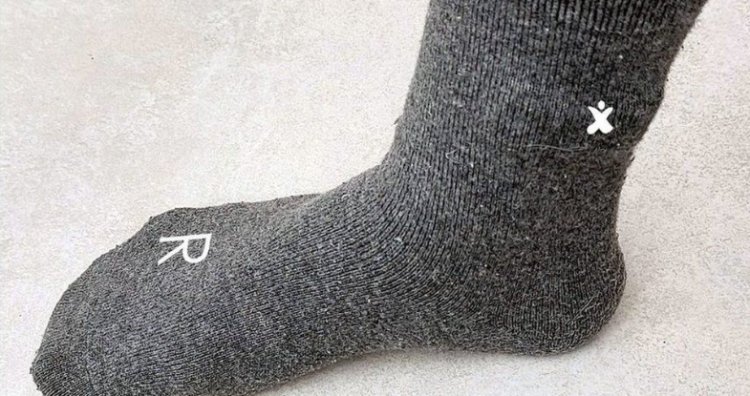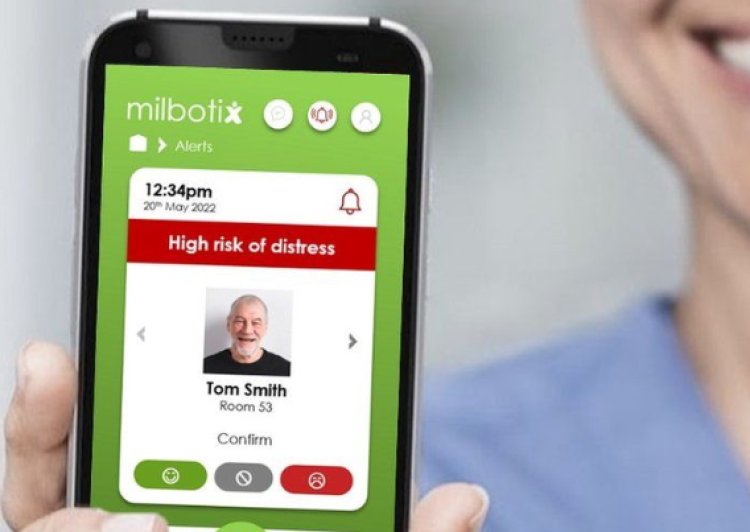'Smart Socks' that Detects Distress in Dementia and Autism Patients
A university Ph.D. Student Dr. Zeke Steer has invented 'smart socks,' which is able to trace distress in people with dementia and autism.

Dr. Steer worked at Bristol Robotics Laboratory to solve the problem and create a mobile phone app.
He was inspired to help after witnessing his great-grandmother's dementia. Dr. Steer decided to look into how wearable technologies and artificial intelligence could aid in the treatment of his great-grandmother's symptoms.
The socks, which monitor heart rate, sweat levels, and motion, allow caregivers to intervene before things get out of hand.
Current alternatives involve wearing wrist straps, which have been shown to stigmatize patients and even increase anxiety.
"The foot is actually a great place to collect data about stress, and socks are a familiar piece of clothing that people wear every day," Dr. Steer stated.
The socks have an advantage as they have the same appearance as the normal socks and also the feel of regular socks. They also do not need to be changed, and are machine-washable.
The socks deliver a consistent stream of data to caregivers, who can easily access their patients' metrics via an app.
"This could really help not just those with dementia and autism, but their carers too," stated Dr. Steer.
"Smart socks can help enable people living with dementia to retain their dignity and have better quality outcomes for their day-to-day life," Fran Ashby, Garden House care home manager stated.
Milbotix is currently testing the socks on people with mid-to-late-stage dementia and developing the technology in preparation for their release next year.

Patient's data on an app. PHOTO FILE


























